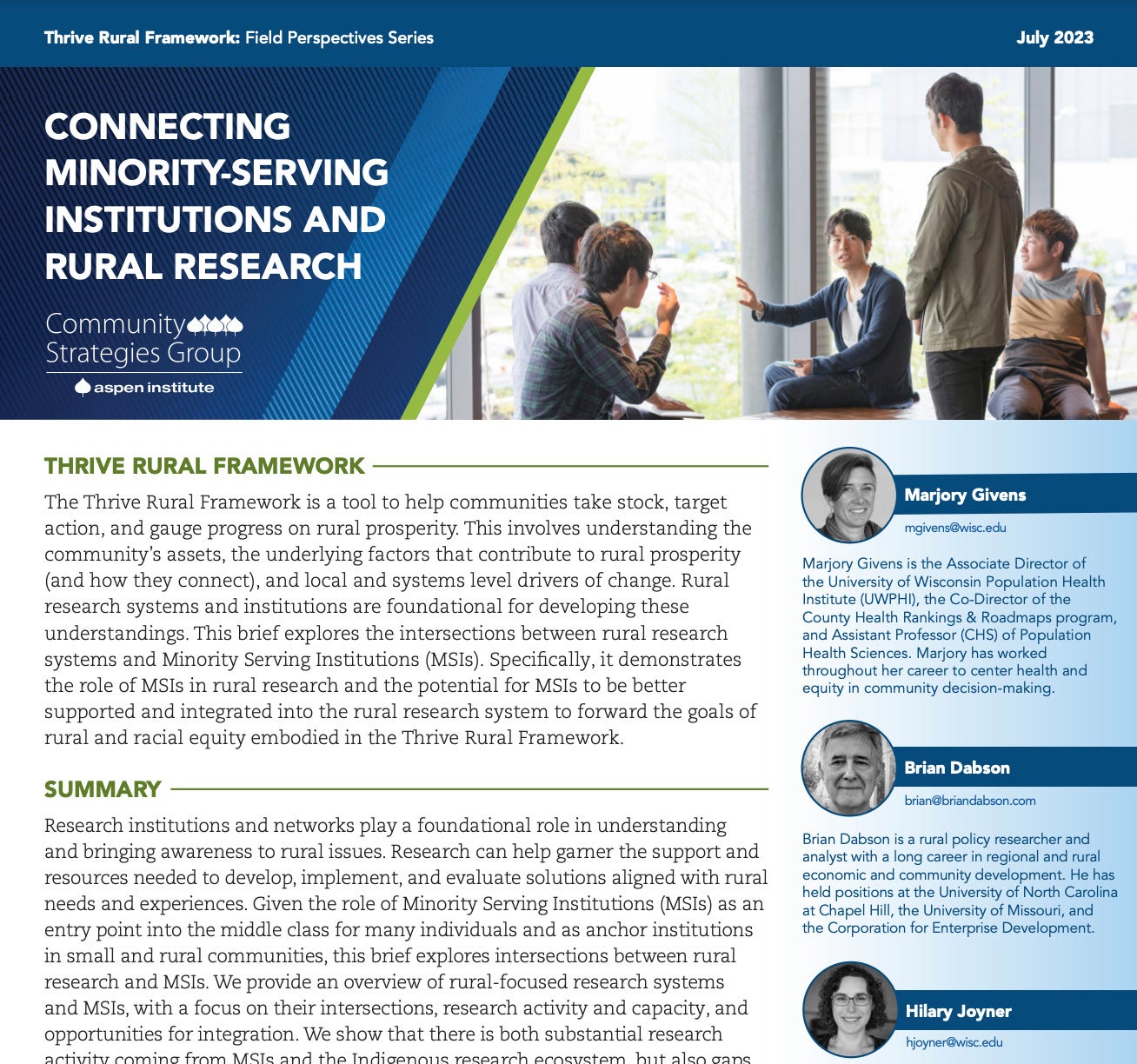No doubt, students must take personal responsibility to succeed in college. How hard students work often defines which ones acquire the knowledge needed to complete classes and earn a degree and which ones do not. Indeed, the hardest workers are probably the ones who are more likely to be walking across a stage this month with diploma in hand.
But today, there are lots of reasons that even the most motivated students are not graduating from college on time or, worse yet, are dropping out. More than ever in recent memory, students are overcoming significant financial hardships that result from job layoffs (for themselves or their families) and high debt loads. The result: students are making hard choices about how many classes to take, how much time to spend at work, and how much homework can be fit in between.
As if those hardships are not enough, we have in this country for far too long acted as though colleges have a right to cash students’ checks and then deliver education in the same way they always have. We assume, especially in higher education, that if a student fails, it is entirely the student’s fault.
Perhaps it’s time for a new deal: if a college plans to cash a student’s check, it has a responsibility to help that student succeed.
As colleges wind down one academic year and plan for another, it is time for each to take stock and consider what should be changed to enable students matriculating next fall to succeed at higher rates. But, with state financial support for higher education also shrinking, what can colleges afford to do to make a difference?
Get students into programs more quickly. Recent research by Davis Jenkins from Columbia University shows that students who complete a core set of program courses earlier in their college experience are more likely to succeed. Colleges need to focus on getting more students to make smart decisions more quickly. Undecided students can be shown a list of growing occupations with good salaries and projected job openings. Students should be allowed to enroll in programs of study with predefined courses (or at least a preset sequence of courses) needed for a particular degree, so that they have a clear path to graduation.
Make sure required courses will be available. There have been horror stories from California and elsewhere this year about motivated students who could not take the courses they needed to move towards graduation. While states must meet their obligations to fund needed coursework, so too must colleges allocate the resources they have more effectively. Starting now, colleges ought to be figuring out how to prevent such graduation delays. Which courses are under-enrolled and not required for graduation? Do they need to be offered every year or every semester, or could they be cut back so that more sections of needed math, English, or technical workforce courses can be funded?
Make sure the most important supports are broadly available. Many colleges offer student supports, ranging from widely available student success courses to small scale mentoring or tutoring programs. With constricted resources, colleges have an obligation to make sure that those support services which are strongly correlated to the success of many students continue to receive funding. When choices must be made, boutique programs without measureable success ought to be the first to go. And if colleges can’t determine the costs and benefits of such programs, the summer ought to be spent making sure another year does not go by without knowing what programs work and what each costs per student.
Figure out which students fail, and change systems accordingly. Taking responsibility for student success requires first understanding when students fail and making changes to foster increased student success. At Valencia College – the winner of this year’s Aspen Prize for Community College Excellence – administrators figured out that students were more likely to graduate if they succeeded in key entry level program courses, and were more likely to finish and pass those courses if they registered for them before classes began. So, the college established a practice of forbidding students to add a class once it had met. Following these changes, course completion (and ultimately graduation) rates increased even as enrollment continued to grow.
None of these approaches absolves students of the responsibility to attend class and do what is necessary for success. But as students struggle with the burdens of student debt and struggling personal and family finances, it is more important than ever that colleges do their part too. Especially in difficult fiscal times, colleges must rededicate themselves to doing those things that give students the best chance to succeed.

